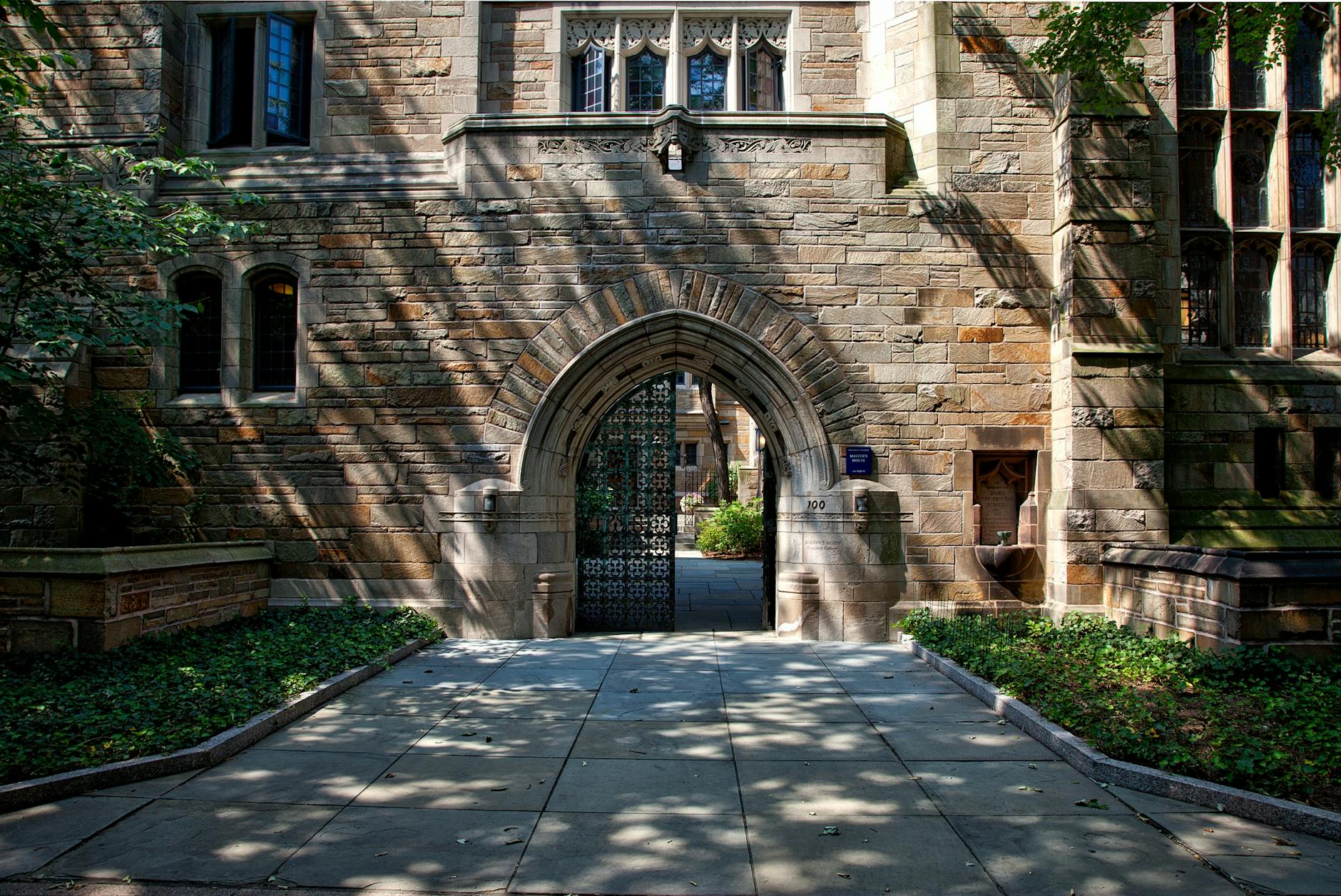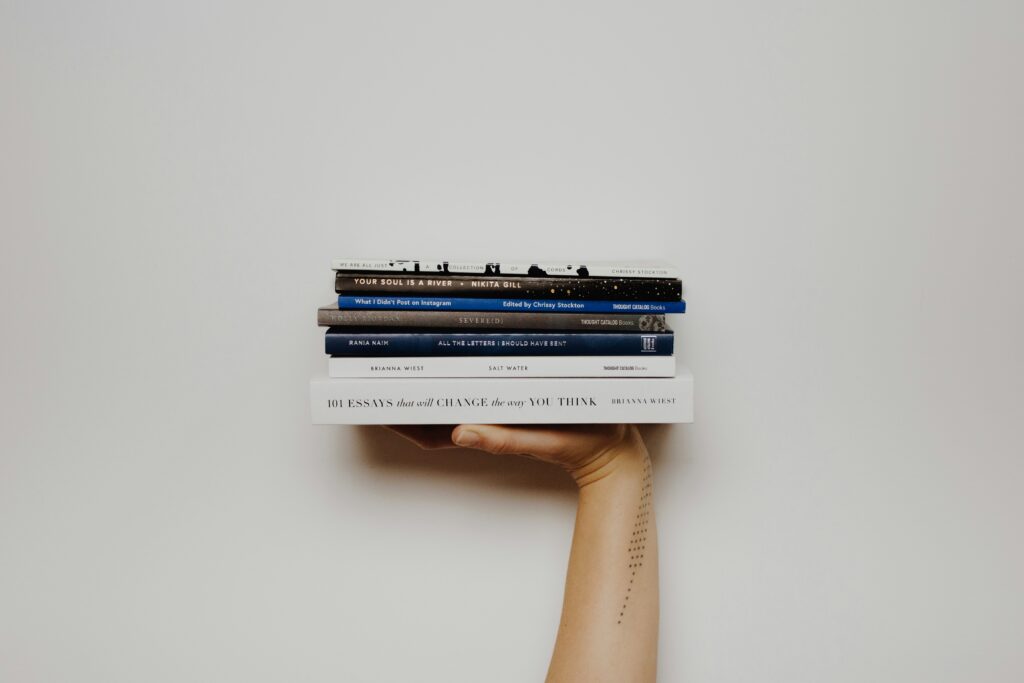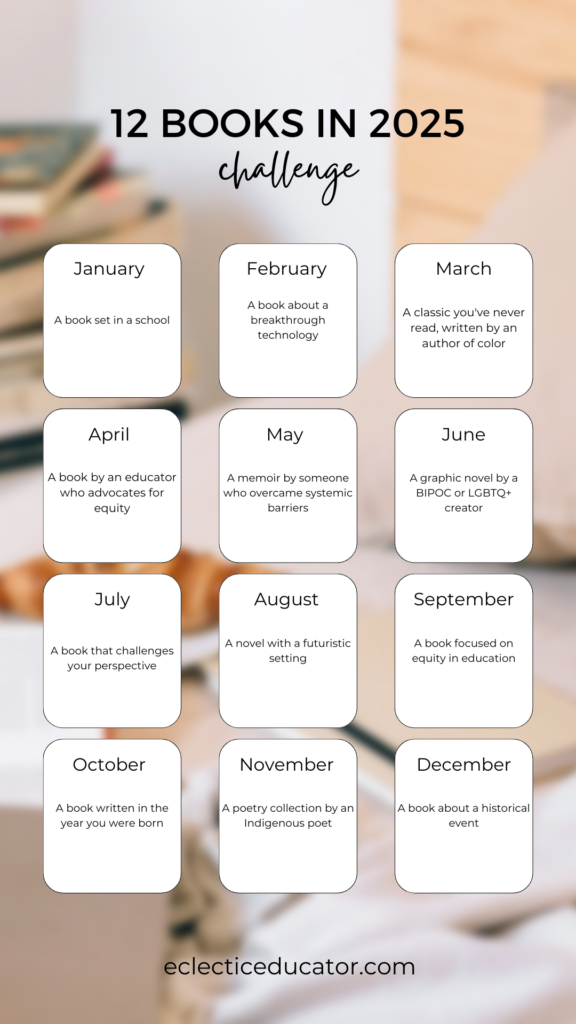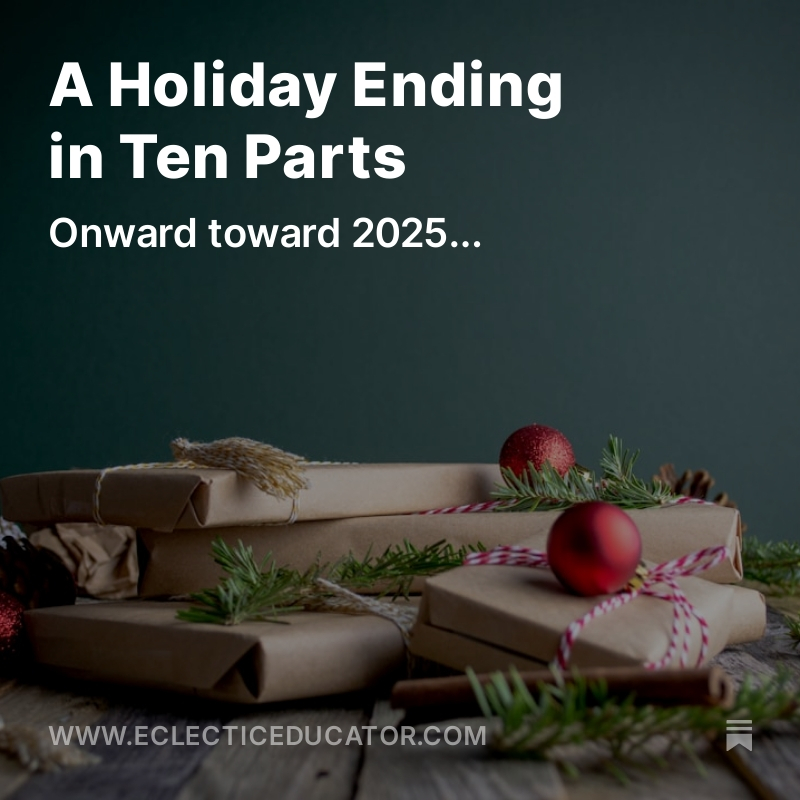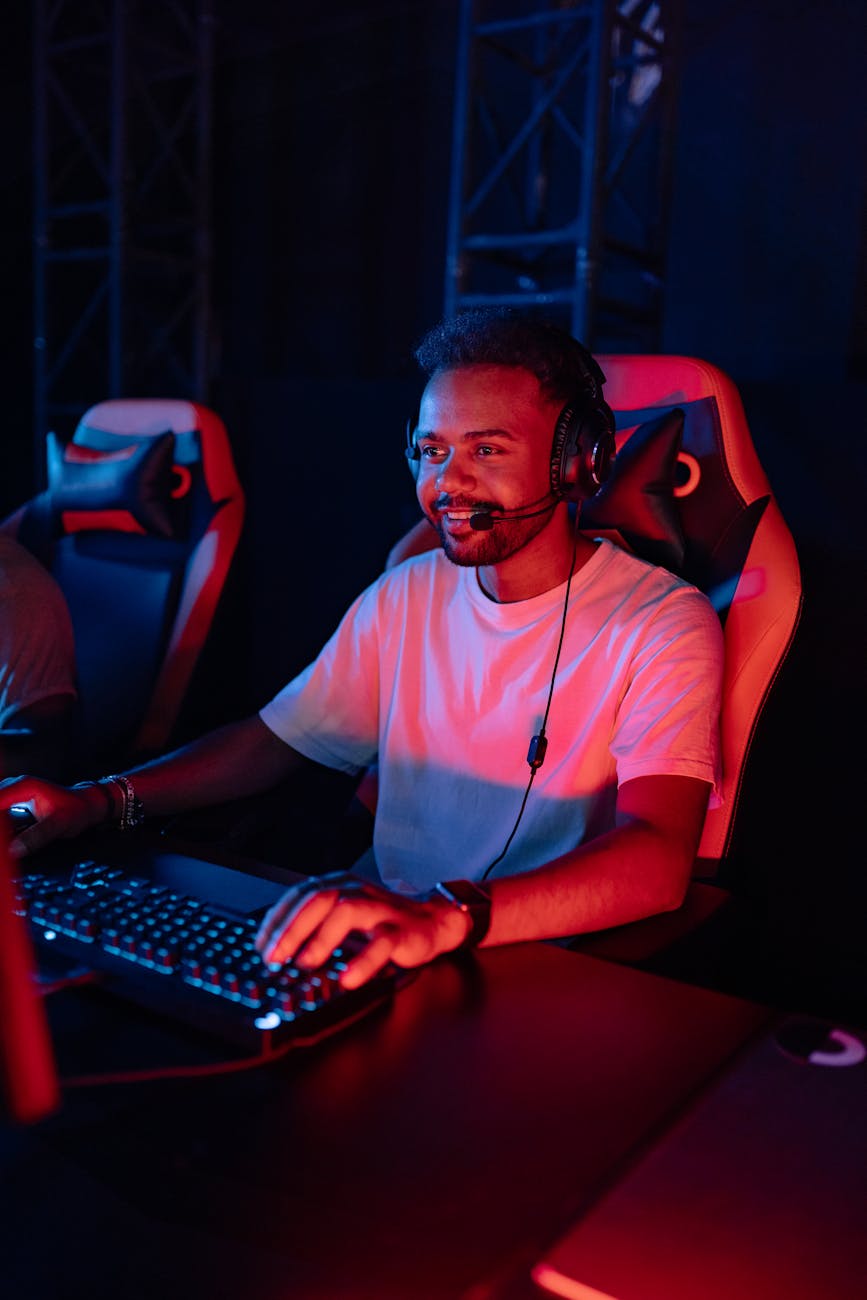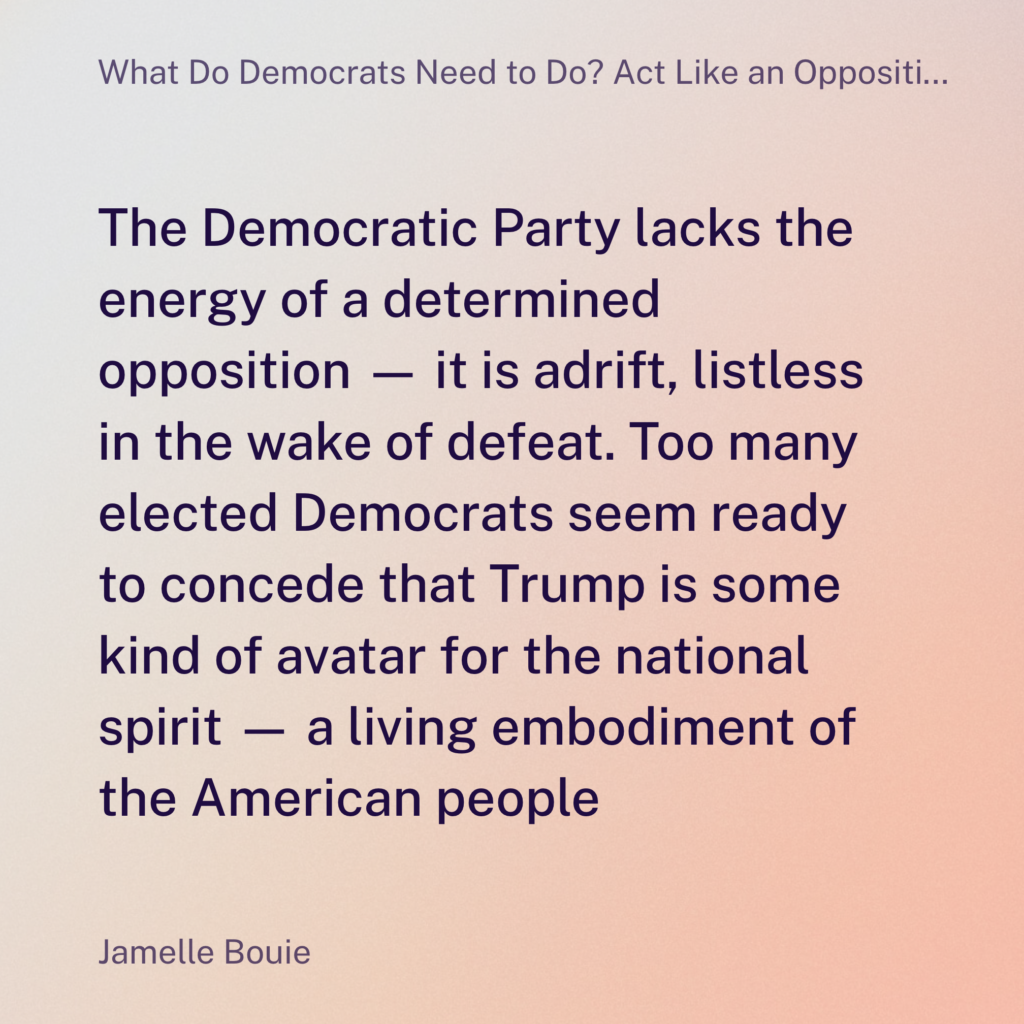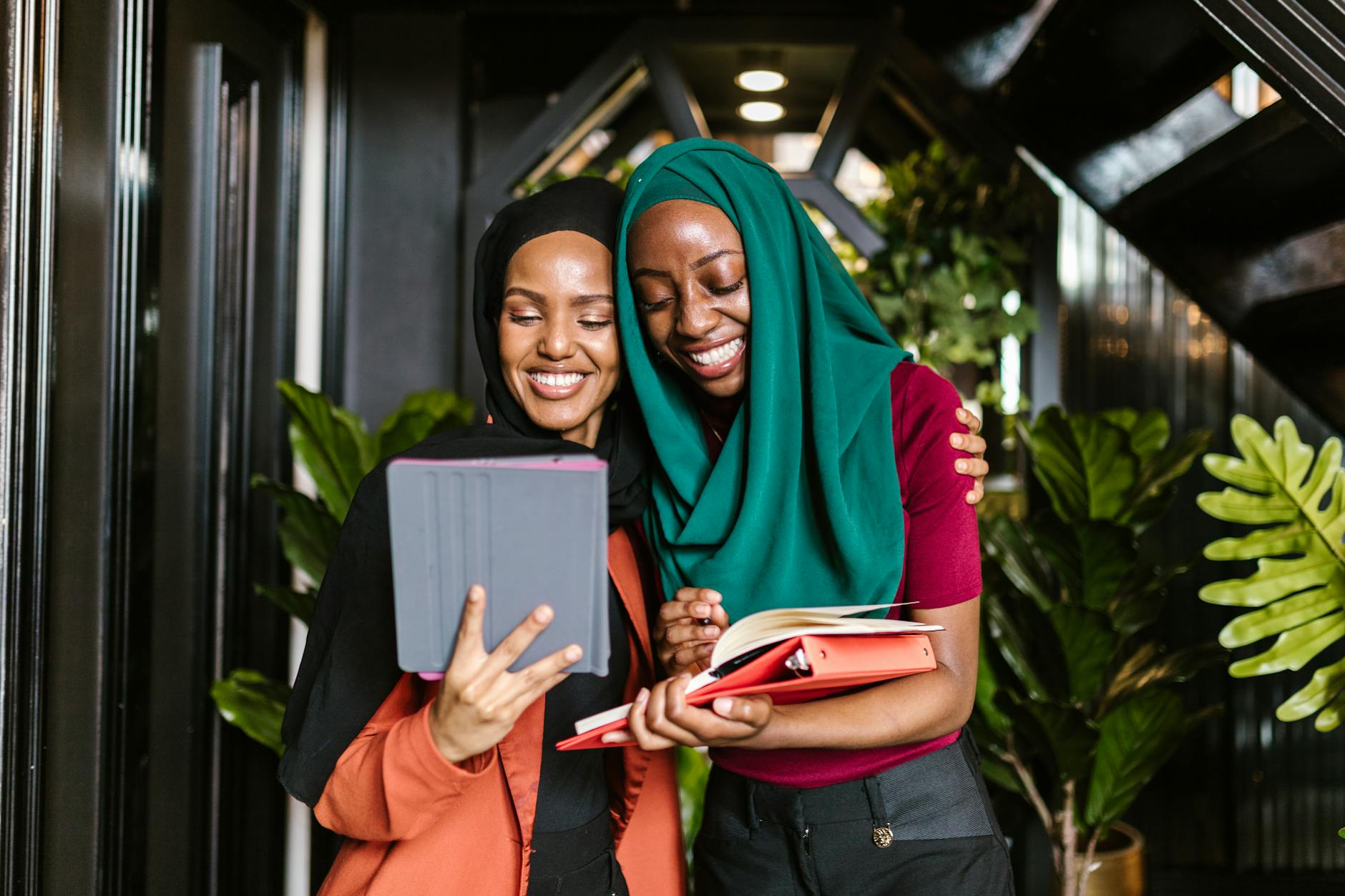
Classics are timeless for a reason, offering profound insights and compelling stories that resonate across generations. For this prompt in the 2025 Reading Challenge, we’re focusing on classics written by authors of color. These books hold an important place in literary history and provide perspectives essential to understanding the diverse human experience.
1. Things Fall Apart by Chinua Achebe
Genre: Historical Fiction
Overview: A cornerstone of African literature, Achebe’s masterpiece explores the clash between traditional Igbo society and colonial forces in Nigeria. Through the tragic story of Okonkwo, Achebe examines themes of identity, cultural disruption, and resilience.
2. Beloved by Toni Morrison
Genre: Historical Fiction/Magical Realism
Overview: Toni Morrison’s Pulitzer Prize-winning novel tells the haunting story of Sethe, a woman haunted by the legacy of slavery and the ghost of her deceased daughter. With lyrical prose and deep emotional resonance, Beloved is a must-read classic.
3. Their Eyes Were Watching God by Zora Neale Hurston
Genre: Literary Fiction
Overview: This iconic novel follows Janie Crawford’s journey of self-discovery in the early 20th-century American South. Hurston’s vibrant storytelling and rich dialect capture the essence of Black womanhood and independence.
4. The Joy Luck Club by Amy Tan
Genre: Literary Fiction
Overview: Exploring the lives of four Chinese-American immigrant families, The Joy Luck Club delves into the complexities of mother-daughter relationships, cultural heritage, and identity. Tan’s beautifully woven narrative is both intimate and universal.
5. The House on Mango Street by Sandra Cisneros
Genre: Literary Fiction/Coming-of-Age
Overview: Told through a series of vignettes, Cisneros’s poignant novel captures the struggles and aspirations of Esperanza Cordero, a young Latina growing up in Chicago. It’s a heartfelt exploration of identity, community, and the power of storytelling.
Why These Books Work for the Challenge
These classics aren’t just literary milestones but windows into different cultures, histories, and lived experiences. Reading them enriches our understanding of the world and deepens our empathy for others.
Get Your Free Printables!
Stay on top of your reading goals with my free 2025 Reading Challenge printables, including a pocket guide, tracker, and journal pages. Sign up for my newsletter to access these helpful tools and get inspired throughout the year.
📥 Sign up here and start your journey through these timeless classics!
Happy reading, and let me know which of these classics you add to your list!
The Eclectic Educator is a free resource for everyone passionate about education and creativity. If you enjoy the content and want to support the newsletter, consider becoming a paid subscriber. Your support helps keep the insights and inspiration coming!

